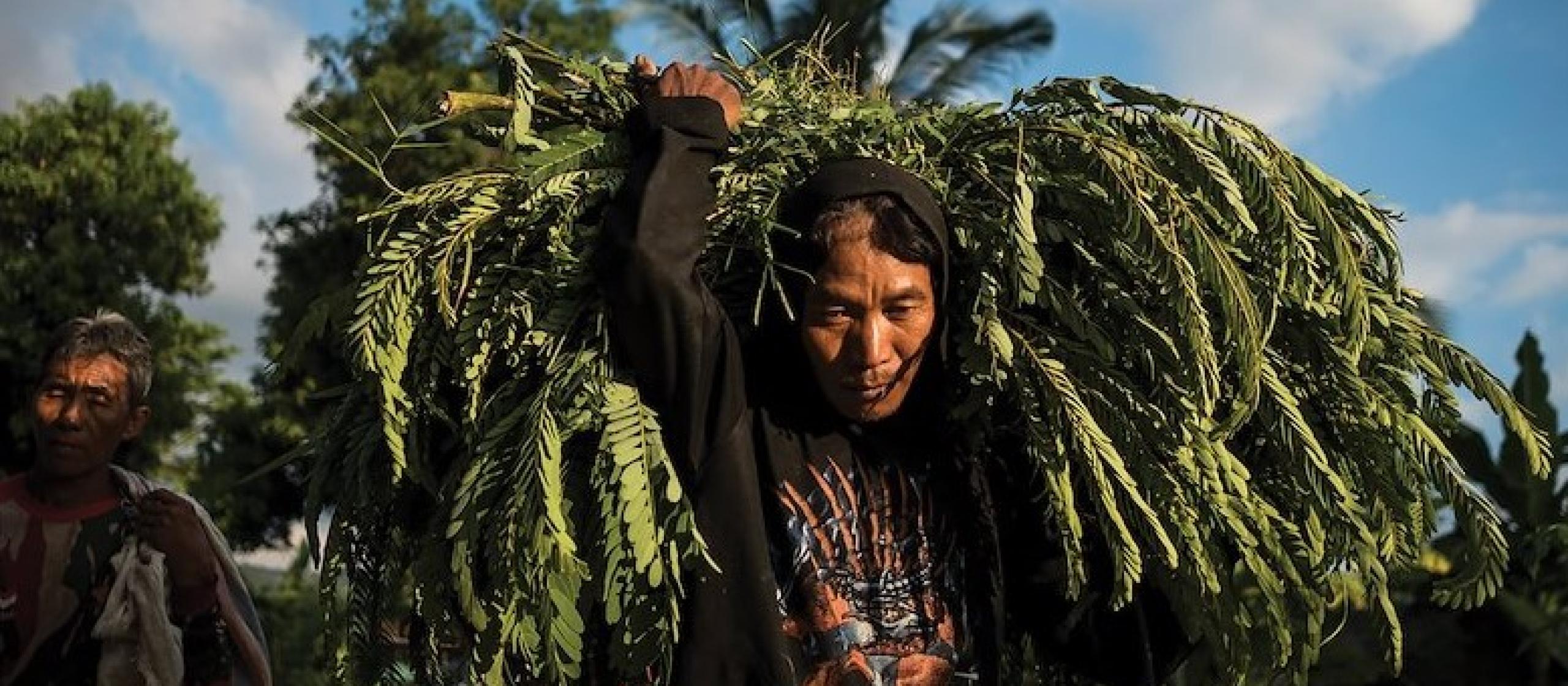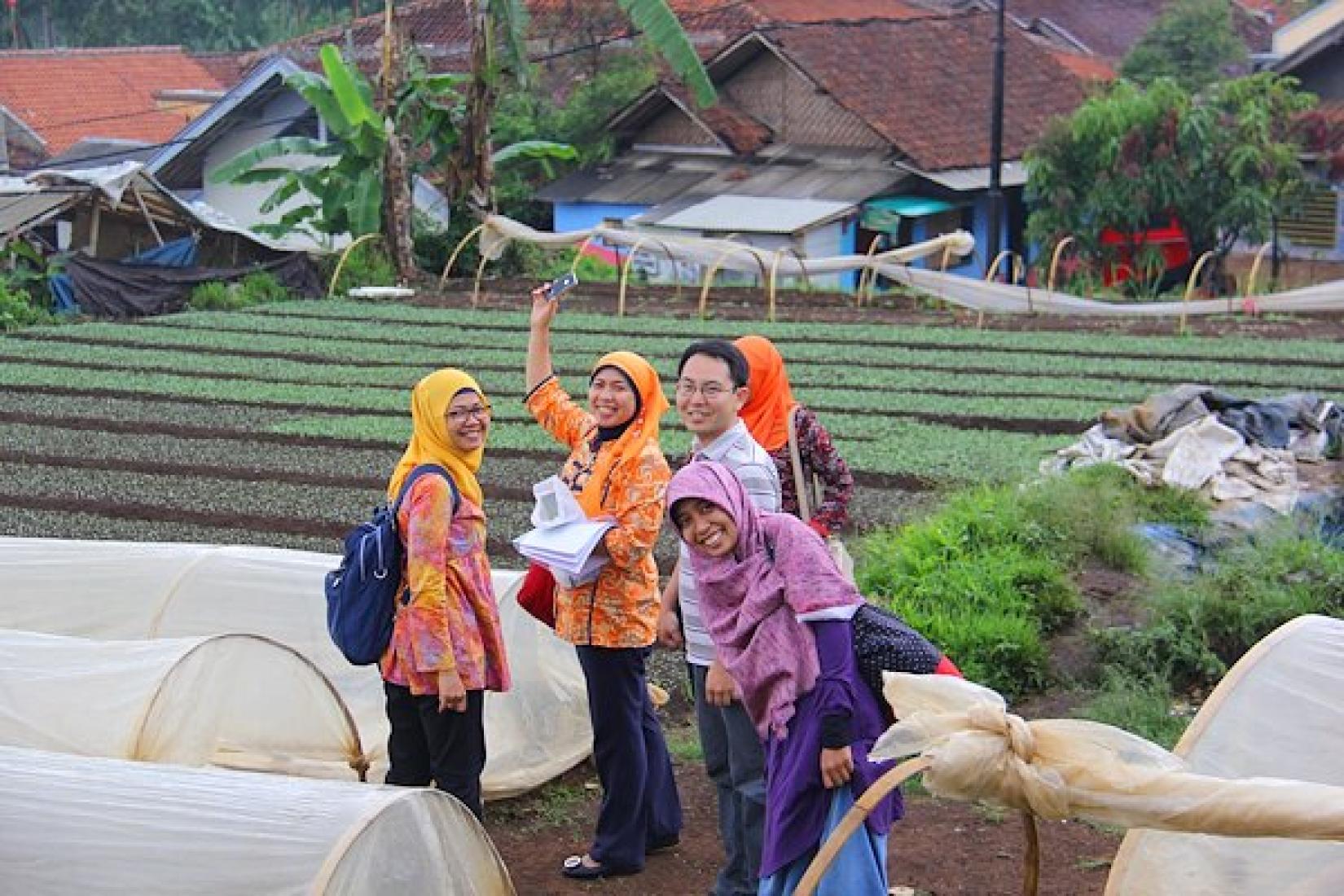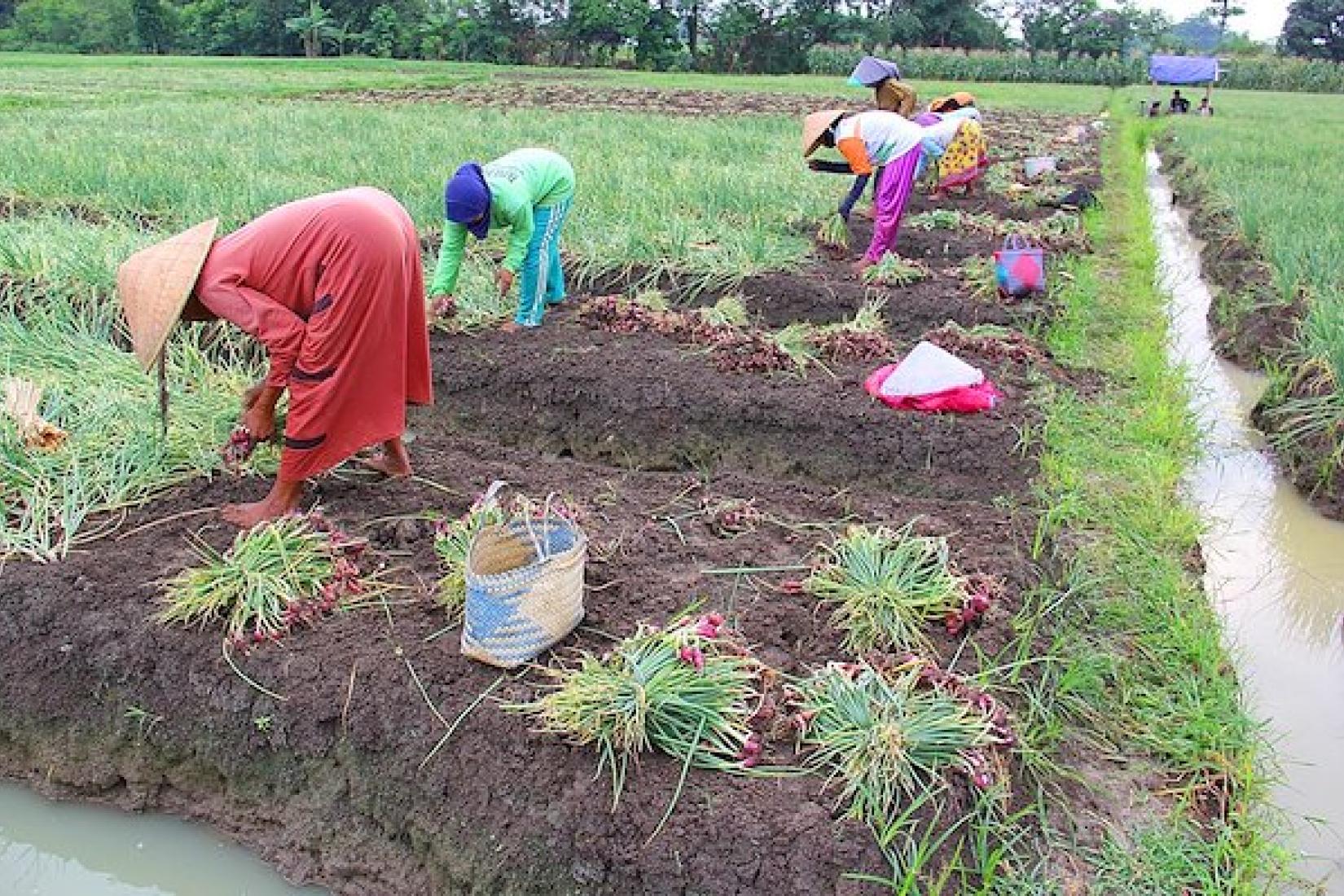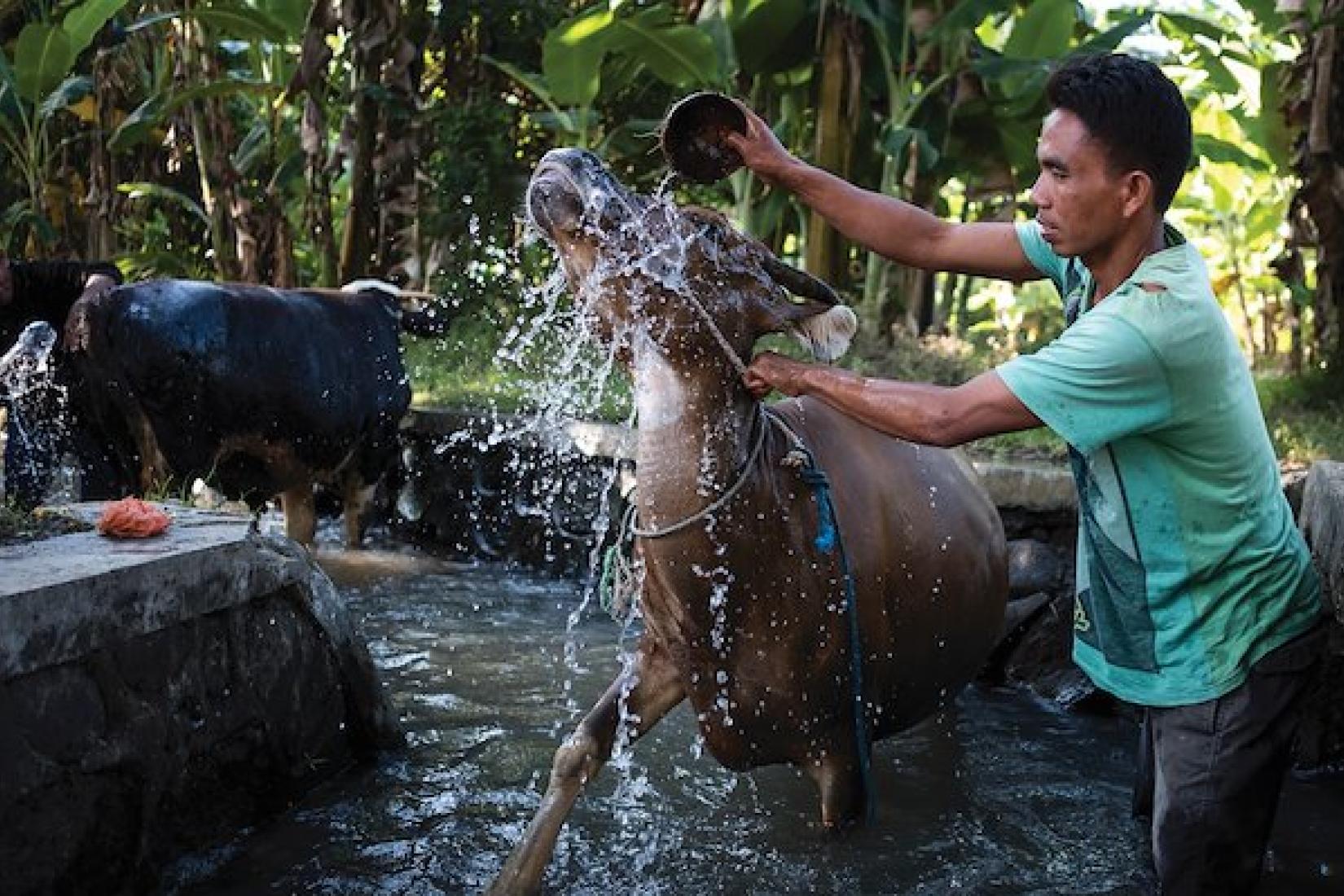Since its inception in 2013, the five-year project has focused on establishing practical ‘working linkages’ between science-oriented public research agencies, fruit and vegetable industry associations and the academic community. For example, global seed companies like East West Seeds are now collaborating with the project to identify research priorities, capacity needs, regulatory impediments and information gaps. The project also developed an Agribusiness Forum to encourage knowledge development, policy dialogue and industry advocacy in ways that benefit small producers.
The project also involves Indonesian PhD students who contribute to research outcomes. For example, Abdul Hasibuan is examining smallholder citrus growers’ perceptions of climate change risks. He affirms the role of farmer groups and the internet in circulating knowledge of climate risks, which can link into policymakers’ actions, and says ‘The expansion of internet access that has reached rural areas and technology information development should be used as a significant opportunity to spread extensive agricultural technology, including how to deal with agricultural issues such as climate change.’
Another doctoral student, Apri Sayekti, is focusing on women’s participation in chilli production and marketing activities, and particularly notes that involvement in value-added produce is key to asserting gender equality. ‘Hybrid varieties give more employment opportunities for women, since women in rural Indonesia do not have many alternative work options as for many other developing countries,’ says Apri.
By identifying the reasons why some households are more successful than others at moving up the value chain ‘ladder’, the project hopes to provide more fruit and vegetable smallholders with higher returns, encourage more jobs and higher wages for rural landless wage earners, and diversify income sources for fruit and vegetable producer households.






